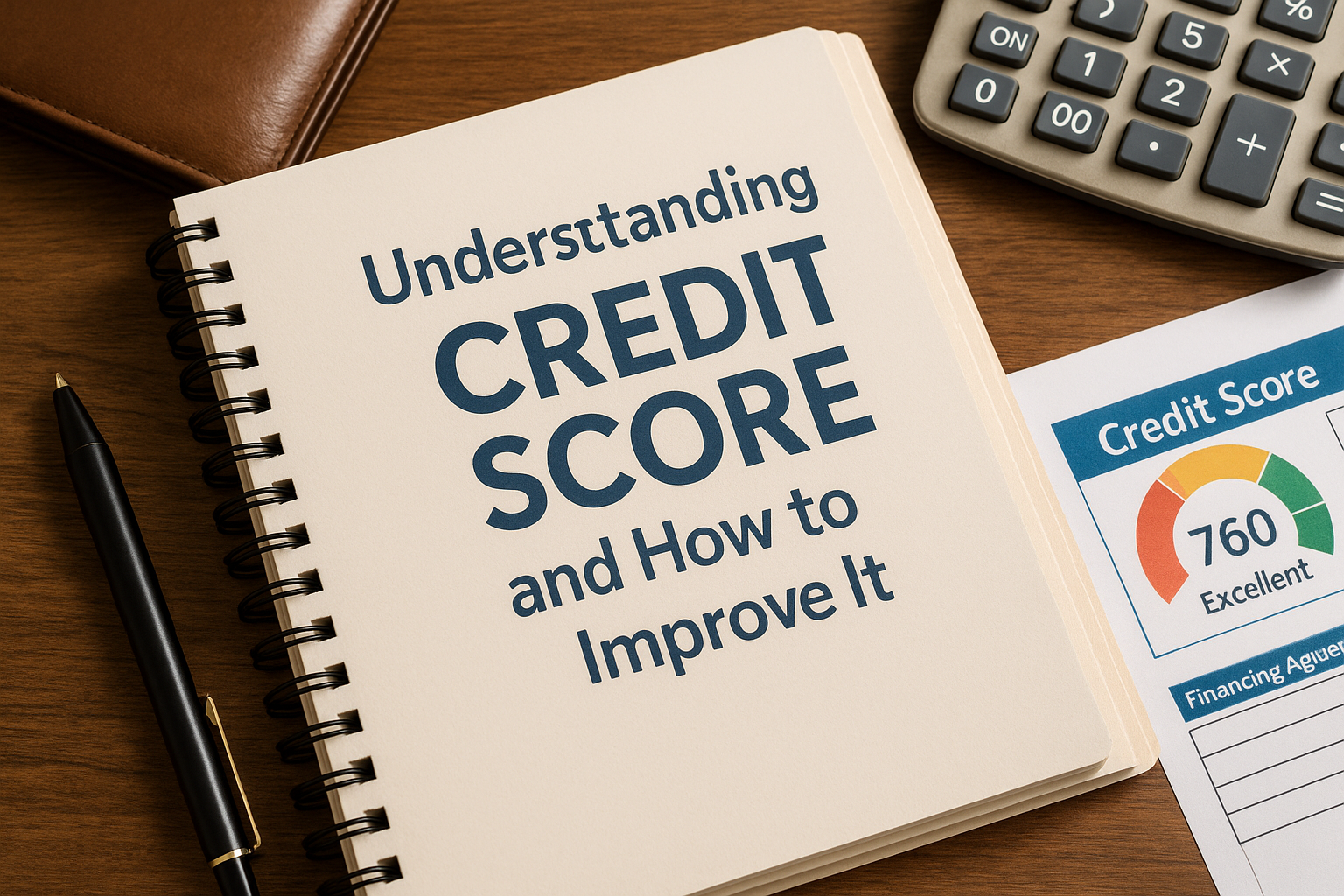Your credit score might seem like just a number—but it plays a major role in your financial life. It affects your ability to rent an apartment, get approved for loans, buy a house, or even land certain jobs.
The good news? Improving your credit score is 100% possible, and you don’t need to hire anyone to do it. With a little time, patience, and the right strategy, you can build a stronger score and open doors to better financial opportunities.
What Is a Credit Score?
A credit score is a three-digit number that reflects your creditworthiness—basically, how likely you are to repay borrowed money. It ranges from 300 to 850.
General breakdown:
- 800–850: Excellent
- 740–799: Very Good
- 670–739: Good
- 580–669: Fair
- 300–579: Poor
Your score is based on data from your credit report, which is compiled by agencies like Experian, Equifax, and TransUnion.
Step 1: Check Your Credit Reports
Before you can improve your credit score, you need to know where you stand.
How to check:
- Visit AnnualCreditReport.com for a free copy from each bureau.
- Review for errors: incorrect balances, late payments you didn’t make, or accounts that aren’t yours.
Dispute any errors—they can seriously drag down your score.
Step 2: Pay Bills On Time—Every Time
Your payment history makes up 35% of your score. Late or missed payments hurt your score more than almost anything else.
What to do:
- Set reminders or automatic payments.
- Even one missed payment can stay on your report for 7 years.
- If you’re late, pay ASAP. The longer it goes unpaid, the more damage it causes.
Step 3: Reduce Credit Card Balances
The amount you owe compared to your total credit limit is called your credit utilization ratio. This makes up 30% of your score.
Target:
- Keep your usage under 30% (ideally under 10%)
- Example: If your limit is $1,000, keep the balance under $300
- Paying off your balance in full every month is best
Step 4: Don’t Close Old Credit Accounts
The length of your credit history affects your score. Closing old accounts (especially ones in good standing) can shorten your average age of credit.
Do:
- Keep old credit cards open, even if unused
- Use them occasionally for small purchases and pay off in full
Step 5: Limit New Credit Applications
Each time you apply for a new credit card or loan, a hard inquiry is made on your credit report. Too many in a short time can lower your score.
What to know:
- One or two inquiries are okay
- Avoid applying for multiple cards or loans in the same month
- Inquiries stay on your report for two years, but only impact your score for about 12 months
Step 6: Become an Authorized User
If a friend or family member has good credit, they can add you as an authorized user on their credit card.
Benefits:
- Their on-time payments and low balances may improve your score
- You don’t need to use the card
- Great for young adults building credit for the first time
Note: Make sure the credit card issuer reports authorized users to credit bureaus.
Step 7: Diversify Your Credit Mix
Having different types of credit can help your score, especially if you manage them well.
Examples:
- Credit cards
- Student loans
- Auto loans
- Personal loans
Don’t take on unnecessary debt—but if you already have a loan and a credit card, you’re in good shape.
Step 8: Use Tools to Track Progress
Apps and services can help you monitor your credit and alert you to changes.
Free tools:
- Credit Karma
- Credit Sesame
- Your bank or credit card may offer free score tracking
These tools also give tips tailored to your current credit profile.
Step 9: Be Patient and Consistent
Improving your credit score takes time. There are no instant fixes, but every smart move builds your reputation with lenders.
Timeline expectations:
- Minor improvements: 1–3 months
- Significant improvements: 6–12 months or more
- Bankruptcy or major damage: up to 7 years to fully recover
Stick with it—your future self will thank you.
Final Thoughts: Your Credit Score Is in Your Hands
You don’t need a perfect score, but a good score gives you more choices and lower costs in life. With simple, consistent habits like paying on time, keeping balances low, and avoiding unnecessary credit inquiries, you can steadily raise your credit score and take control of your financial future.
Start today—even small changes can lead to big results.
